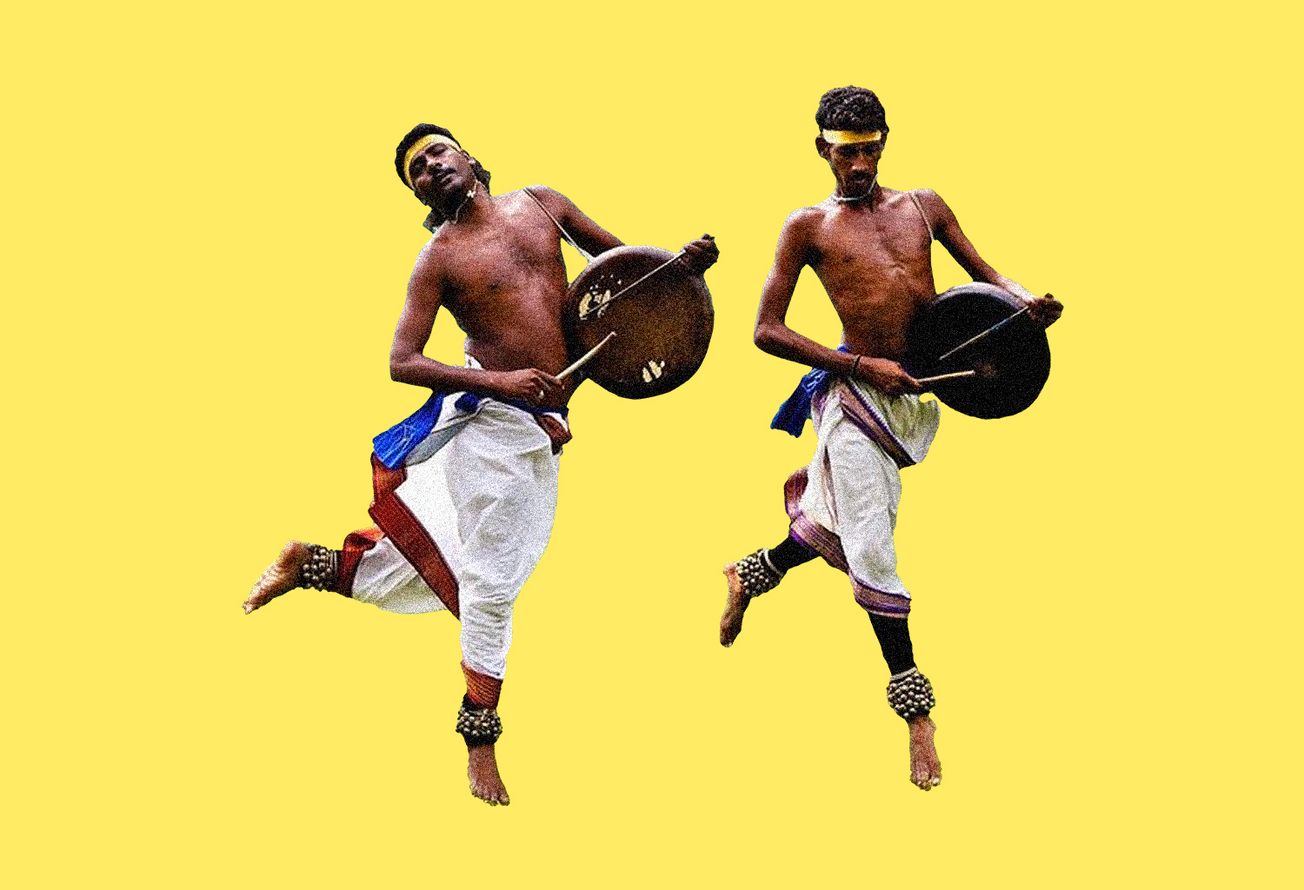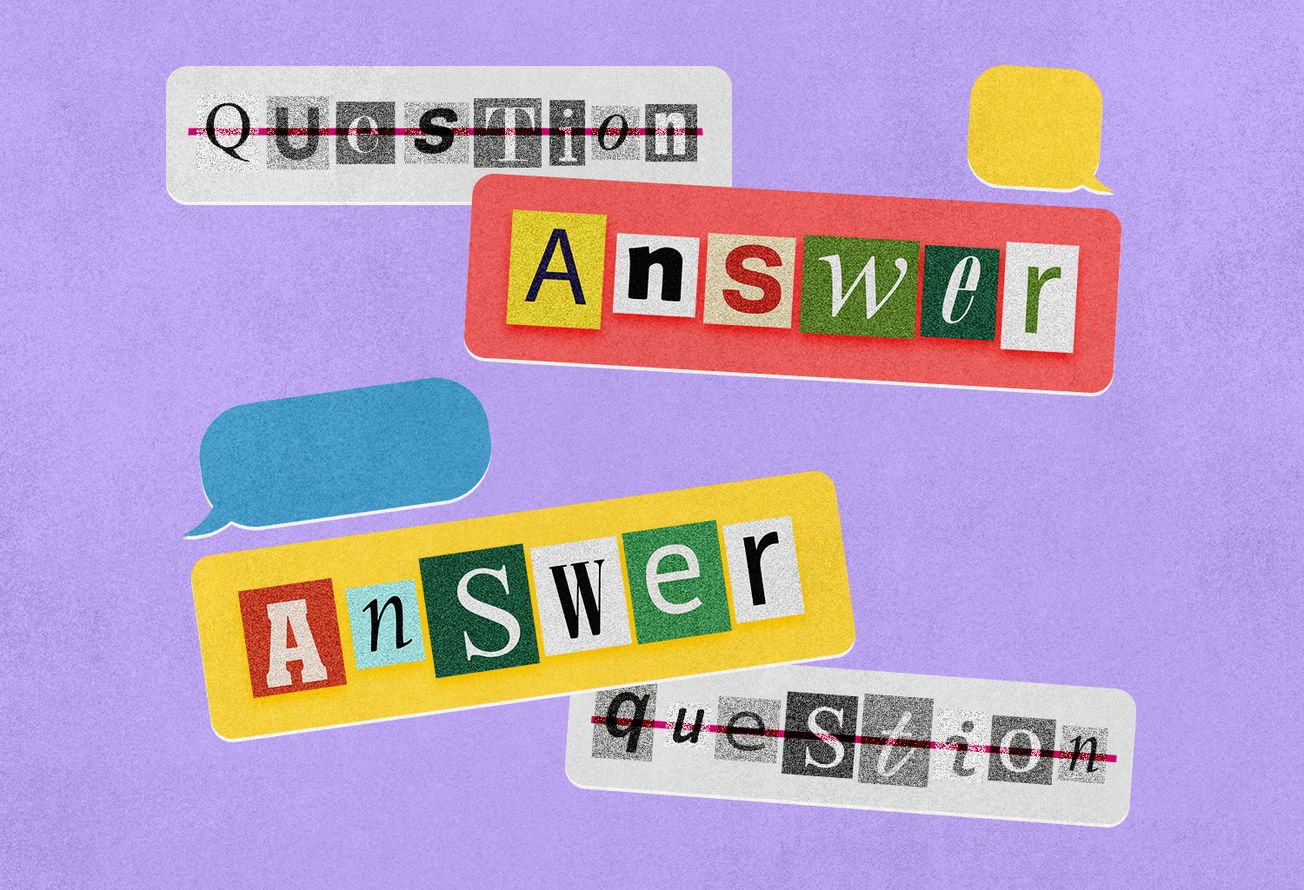When those with caste privilege say Dalit/Adivasi presidents are "mere tokens", their criticism seems duplicitous if it comes without a wider reflection on casteism rampant in Indian politics.
- Non-Dalit/Adivasi presidents are also "mere tokens" in the sense of not wielding decision-making powers. However, these critics are not so concerned about presidents being tokens when a new Savarna president is sworn in.
- The insistence on tokenism is sometimes only part of a series of disparaging remarks aimed at disempowering historically marginalised communities or discouraging them from entertaining any aspirations for real political power.
- The same critics are neither so vocal nor feel any urgency for broader political representation of Dalit/Adivasi and other marginalised groups where they can wield more power.
People are well aware that individuals from their own marginalised communities who make it to the Rashtrapati Bhavan have chosen to align themselves with mainstream political parties and governments that have traditionally worked to compound casteist oppression.
They are already acutely aware that this inclusion is merely symbolic and is being offered whilst communities are being brutally dispossessed with policies and practices working to enrich upper-caste corporates.
Some past presidents have been perceived as more assertive than others. However, their powers are largely restricted by the Constitution and the political contexts of their time.
We know well that the office of the President is a symbolic one in a parliamentary republic. The real power lies with the democratically elected government, headed by the Prime Minister and his Council of Ministers.
Critics could do well to focus on the fact that the council of ministers is usually dominated by Savarnas, and appointing presidents from marginalized communities to dissimulate the lack of substantial efforts towards inclusion has been a long-standing practice.
What needs more criticism is the glossing over of violations against Adivasi & Dalit communities and their erasure everywhere outside the Rashtrapati Bhavan.
President Droupadi Murmu belongs to the Santhal tribe whose 19th-century rebellion was not only among the first anti-British revolts but also one that started out against exploitation by Indian "upper caste" landowners, moneylenders, merchants and police officials.¹
Why would a woman with such a lineage succumb to practices such as sweeping temple floors & other Brahmanical rituals that are inherently alienating to the spirit of her people?²
Not all marginalised people are radical opponents of structures that oppress them. The vulnerability to the ideologies of their oppressors is very real.
In the film Get Out (2017), director Jordan Peele creates the metaphor of the "sunken place"—a state of mind in which oppressed people with unhealed traumas exist; an existential void resulting from a sense of disconnection with one's roots, history, perspective and sense of self.
"[W] e're marginalized. No matter how hard we scream, the system silences us," Peele tweeted to explain the "sunken place."
Liberal progressives expect Dalit/Adivasi in positions of power to be exemplary as if such exalted positions have always been conferred upon individuals with a perfect moral character.
Dubious acts by upper caste president are rarely questioned. Dr Rajendra Prasad washed the feet of 200 Brahmin priests yet didn't earn the reputation of being a subservient token president.
Could Dalit and Adivasi individuals who were outright anti-caste become presidents? President Murmu and President Ram Nath Kovind did not rise in stature because they asserted themselves as Adivasi/ Dalit leaders. They rose to power claiming to be devout Hindus. It's not as if the regime has a dearth of choice when it comes to picking leaders within marginalised communities that can be elevated to institutional posts. They pick the most pliable ones. Nothing could be more obvious.
Droupadi Murmu was called a “tribal fascist” by some for sweeping temple floors. Hindu right wingers were, no doubt, thrilled. In all supremacist regimes there are individuals who get co-opted in the name of representation and are displayed as medals. There is appeasement and appropriation at play.
How can non-Adivasi Indians respond to events where one such individual is turned into a symbol as in the case of President Murmu? Is there a way to critique her political choices without denigrating people who share her Adivasi identity? Is it possible to insist that we need to hold Savarna presidents equally accountable without coming across as endorsing her right-wing alignment?
In any case, no expectations of annihilation of caste were placed on Yashwant Sinha, a Savarna man affiliated with the Sangh Parivar and a former BJP minister as if the moral obligation rests solely with Droupadi Murmu because she is Adivasi.
In the meantime, the right-wing propaganda machinery has been circulating a false quote in the name of Dr Ambedkar: "The day when a tribal woman becomes President, reservations should be abolished."
Seeing an Adivasi president in office must remind us everyday for the next five years that it is important not to lose sight of the larger goal—the annihilation of caste.
This article was first published in a social media version here.
SOURCES
¹Santhal Hul wasn't Just the First Anti-British Revolt, It Was Against All Exploitation, Harsh Vardhan & Shivam Mogha, The Wire, 30 June, 2022
²BJP's Presidential Nominee Droupadi Murmu Sweeps Temple Floor, Earns Praise, Aishwarya Dharani, India Times, 22 June 2022







